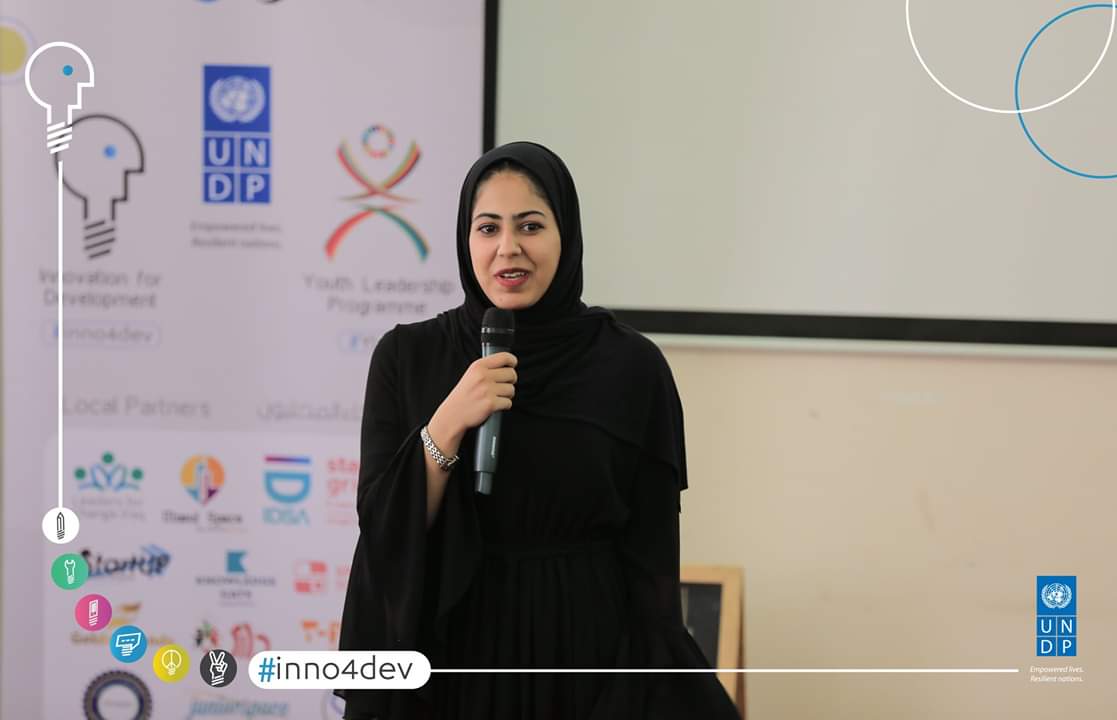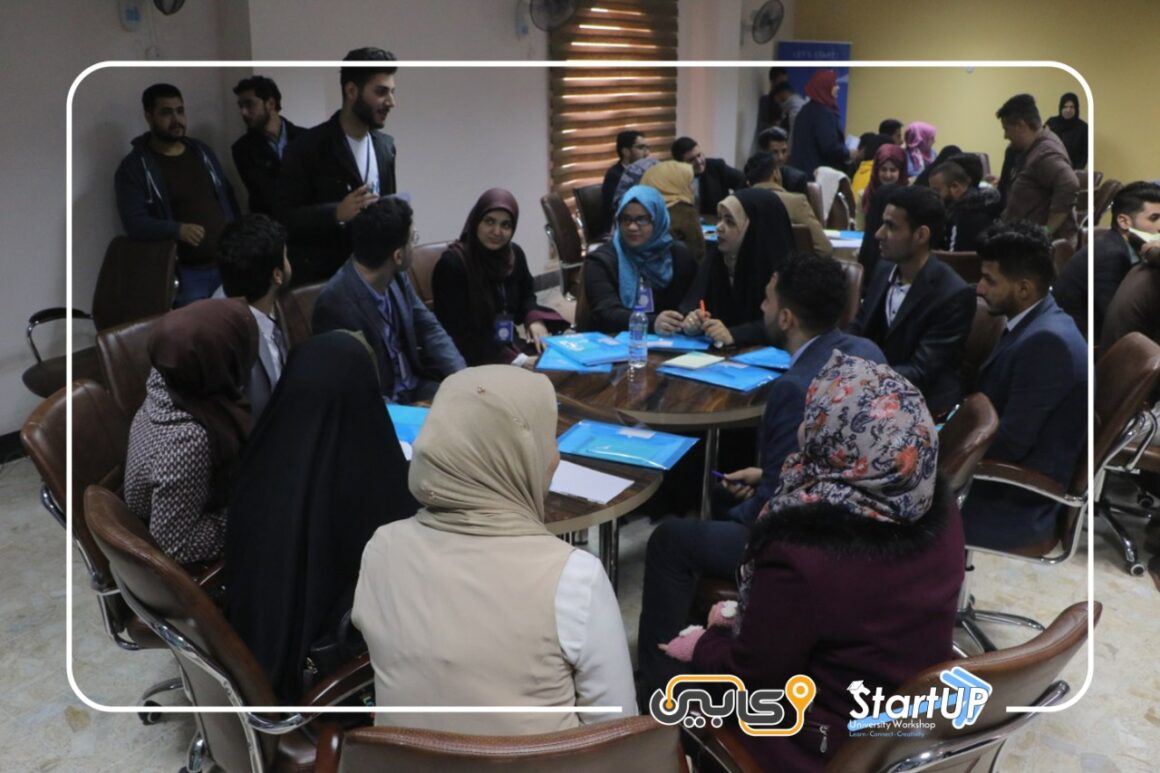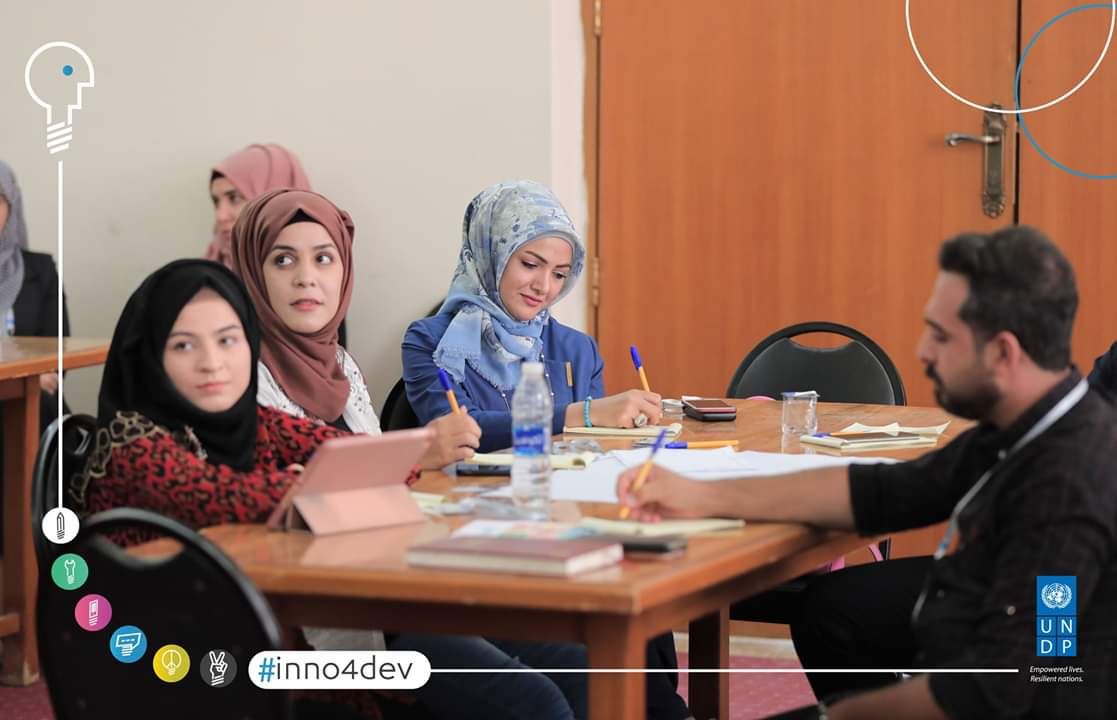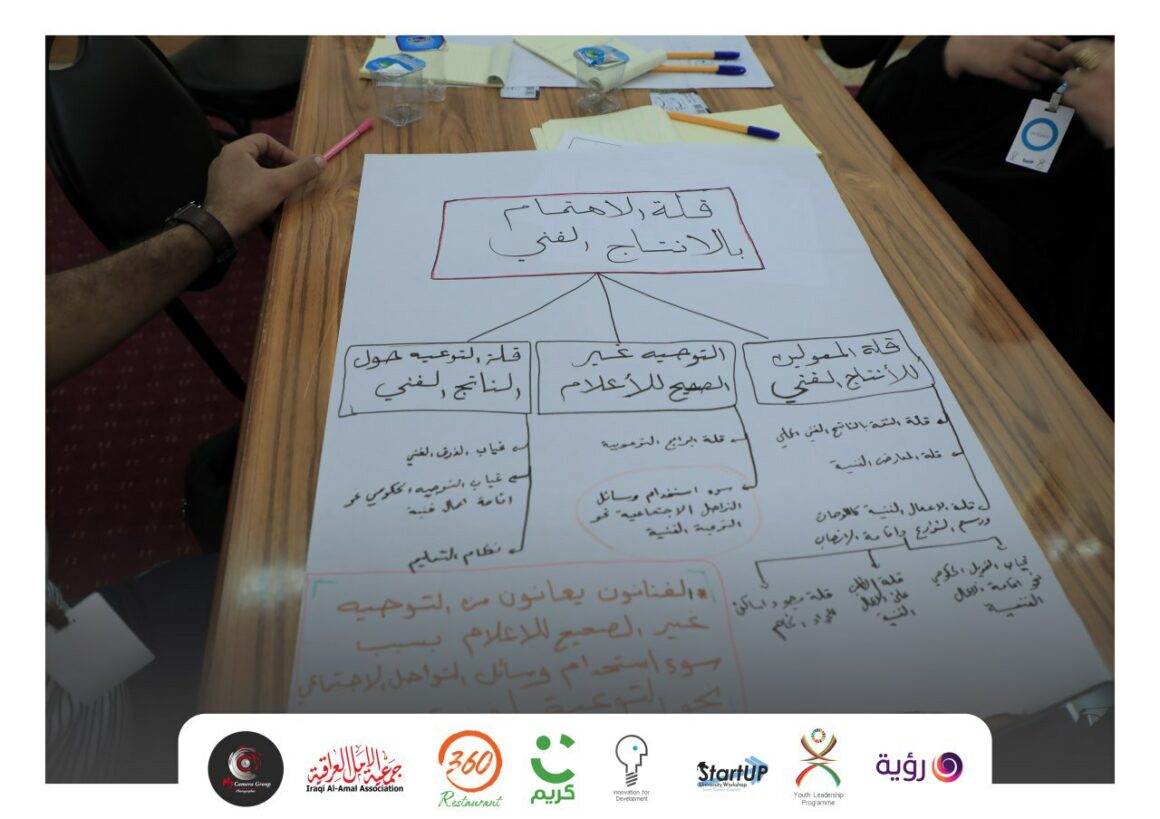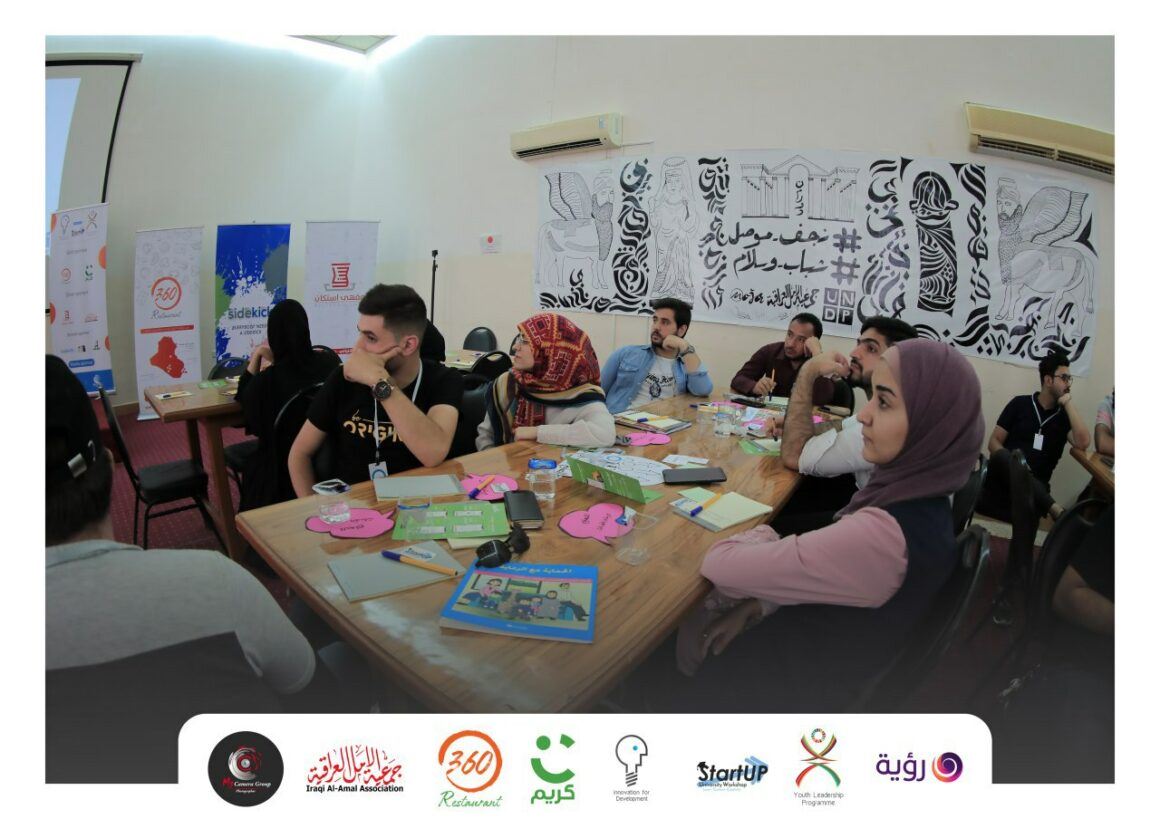An Ambition To Bring Startup Culture To Iraqi University Students
“An idea gave birth to a project that gained popularity among Iraqi youth in the last two years”. This is how social entrepreneur, Jaafar Muhammad, summarises the story of Startup University. The initiative aims to develop Iraqi university students’ skills by organising workshops that introduce them to the basics of entrepreneurship and prepares them for life after university.
Iraq is ranked 172 out of 190 countries in the World Bank’s Ease of Doing Business rankings. This signifies a challenging ecosystem for businesses to thrive with poor credit availability, weak contract enforcement, and more. Despite the obstacles, ambition and drive have helped the likes of Jaafar and other young people bring their ideas to fruition. This is shown in the slightly better ranking in ‘Starting a Business’ of 154 out of 190.

To date, Jaafar’s Startup University has trained more than 150 students from various Iraqi universities with women making up over 40% of participants. The project also supports other social initiatives where Jaafar utilises his marketing and organising skills. Previously, Startup University has partnered with the UNDP Young Leadership Program and Ruwwad Al Iraq.
We wanted a deeper insight into what it is like for Jaafar to organise events and manage young communities learning about business for the first time. His experience in these communities are useful for those interested in doing similar projects.
How did you come up with the idea for Startup University?
“The initial idea was to organise an hour-long session about entrepreneurship. My friend and now Co-Founder Muntadher Alabdli had participated in the UNDP Innovation for Development Program and was going to help me. When I distributed a questionnaire to students to anticipate their interest in such a program, the results were surprising. A majority of the students, especially women, wanted to attend the workshop. One that can, at times, last for more than five hours.”
“The stereotypical view that students are uninterested in attending sessions related to self-development and future planning seemed untrue. Even the assumption that they would get bored and leave after an hour, stood corrected. Around 50 of the 100 registered applicants were accepted for the first workshop. Those who were not accepted insisted on attending the event. In an unprecedented first for an event not linked to any university activities, the number of attendees went up to 60 and the percentage of women was high.”
How did you persuade sponsors to support your idea?

“Startup University is a non-profit community initiative and therein lies the challenge. How can we provide free trainings to students and ensure the project’s long-term sustainability? We have received sponsorships from private companies to cover a few of our events. Some companies are interested in sponsoring social activities as a matter of corporate social responsibility and to grow their reputation and relationship with the community.”
Which problems are you trying to solve by launching Startup University?
“We want to spread the culture of entrepreneurship among universities in Iraq, especially in the Central and South region, and build a leading community of students. We also aim to reduce the skills gap between public university graduates and jobs in the private sector. We are working in cooperation with public and private universities to establish business incubators within the universities.”
“A major challenge that we face is providing a consistent physical place to host our trainings for students. The majority of our trainings take place in Najaf and there is no co-working or training space we can use here”.
Any final advice for Iraqi youth?
“I urge other young people to create their own opportunities to fulfil their dreams. If you miss out on an opportunity, it does not mean that it is the end! Not everyone who completes university education will find a job waiting for them. We should not wait for the government to provide us with opportunities all the time. Whatever we want to achieve, we must have the ability to move forward.”
“Every successful project begins with a problem, search for a problem within your community and start solving it with your possibilities!”

